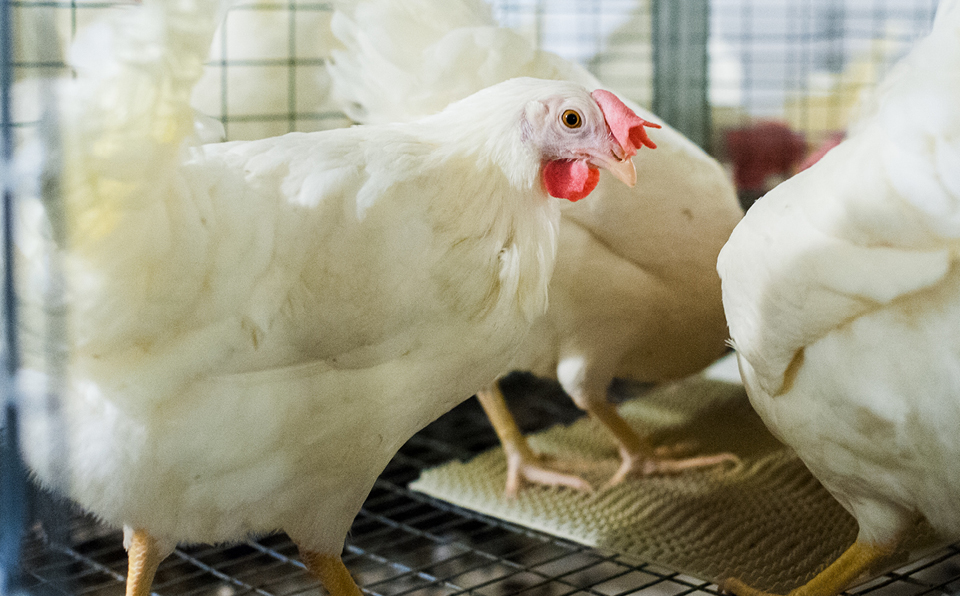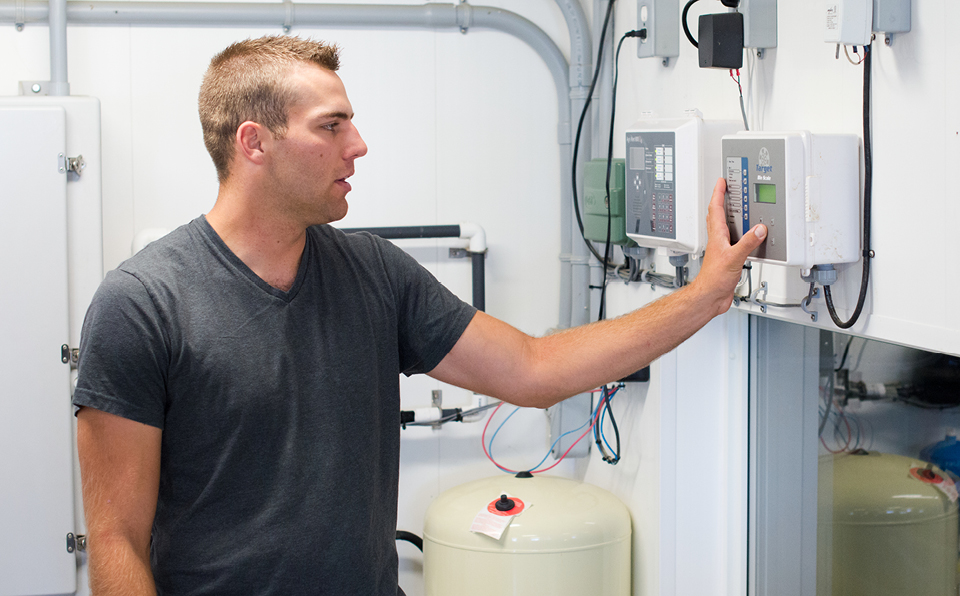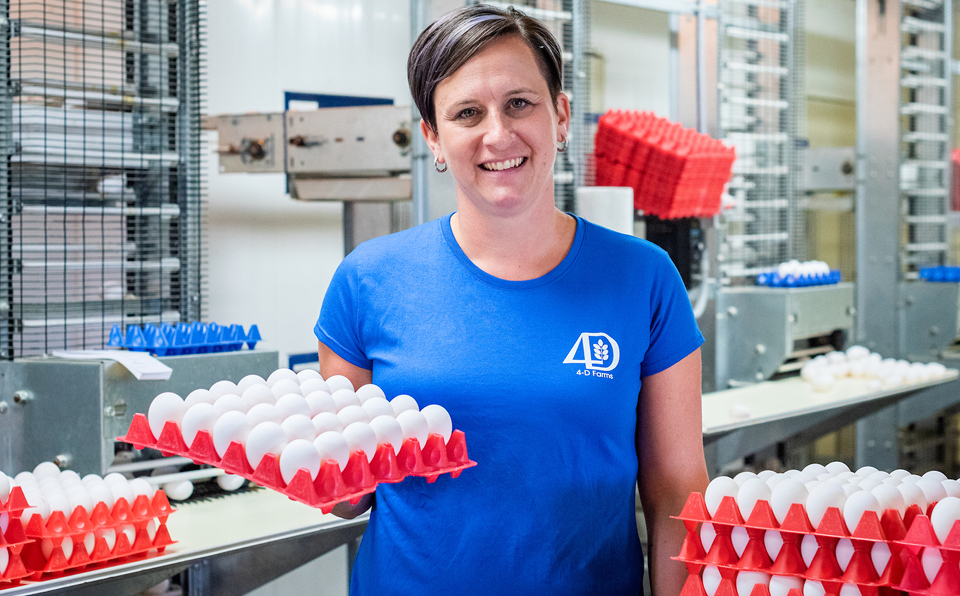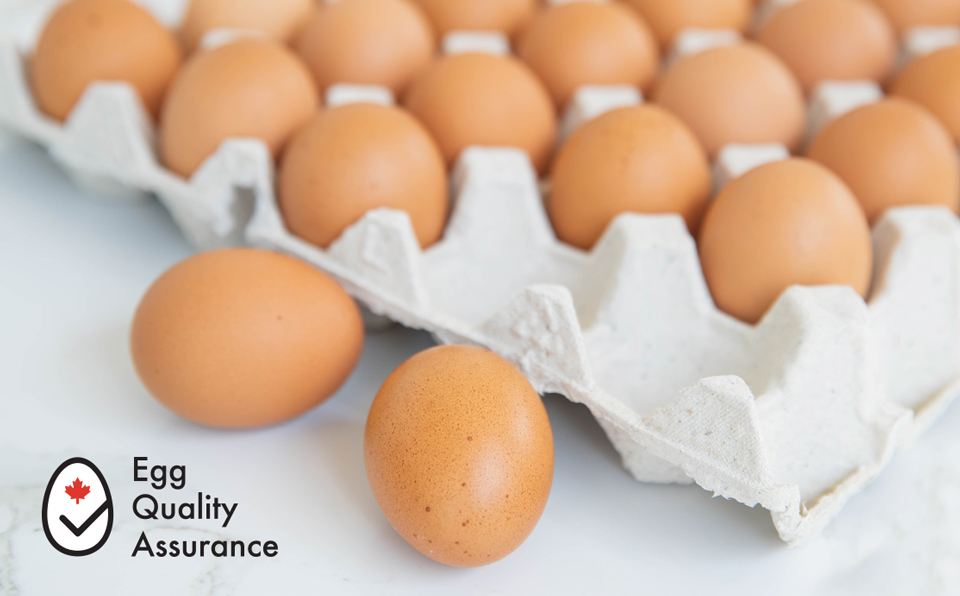
Animal care is egg farmers’ top priority
By Egg Farmers of CanadaFor Canadian egg farmers, the health and welfare of their hens is a top priority. Every egg farmer shares this commitment by taking part in our comprehensive national Animal Care Program. The program reflects the highest standards in animal care, based on a code of practice developed in collaboration with animal welfare experts, scientists, veterinarians and government and industry representatives. The program is regularly reviewed and strengthened to ensure it reflects the latest science, animal welfare knowledge and new technology.
This national Animal Care Program includes many steps farmers must take to care for their hens on a daily basis. The program also includes regular inspections and third-party audits, which hold farmers accountable and ensure standards are applied consistently across the country.
Here’s a closer look at what’s required as part of our national Animal Care Program.
Inspections and third-party audits

Trained field inspectors and third-party auditors visit farms to conduct audits, reviewing practices and facilities to ensure that hens receive optimal care, and ensure a consistent application of welfare standards across the country. All auditors are certified through the Professional Animal Auditor Certification Organization and undergo rigorous training.
Hen care and monitoring

Farmers inspect their flock at least twice per day, and take immediate action if a sick or injured hen is found. They also keep records for feed and water consumption, and regularly monitor hen behaviour and feather condition. All of these offer critical insights into the health and welfare of a flock.
Barn environment

Barns depend on an array of equipment to keep hens safe and comfortable—from feeders and drinkers, to temperature and ventilation systems. Farmers must keep their barns within a certain temperature range and monitor air quality. Ensuring barn equipment is operating as expected is essential, so farmers regularly inspect and monitor equipment, as well as make repairs when needed.
Farm management and policies

An important aspect of the national Animal Care Program are the policies in place on each farm to support good management. Farmers and their staff are required to adhere to a number a critical policies to meet the program’s requirements. For example, a Farm Welfare Policy outlines the farm’s commitment to animal welfare and zero tolerance policy towards unacceptable treatment of animals. Farmers also maintain an Employee Code of Conduct that is signed by employees, which outlines employee responsibility towards requirements for hen wellbeing and expectations for the care and handling of hens.
Additional policies required under the program include a Visitor Policy and Code of Conduct, and an Emergency Plan that outlines a step-by-step process for personnel to follow in case of emergency, such as a natural disaster or power outage.
EQA® certification program

The national Animal Care Program—alongside our Start Clean-Stay Clean® food safety program—is the foundation of our Egg Quality Assurance™ (EQA®) certification program, an industry-wide initiative that certifies Canadian eggs are produced according to strict food safety and animal welfare standards. When you enjoy Canadian eggs, you can trust you are eating the highest-quality food, produced by farmers who are upholding the highest standards for food safety and animal welfare.
Click here to download our fact sheet and learn about the on-farm standards in place on Canadian farms. You can learn more about our national Start Clean-Stay Clean® on-farm food safety program by clicking here.